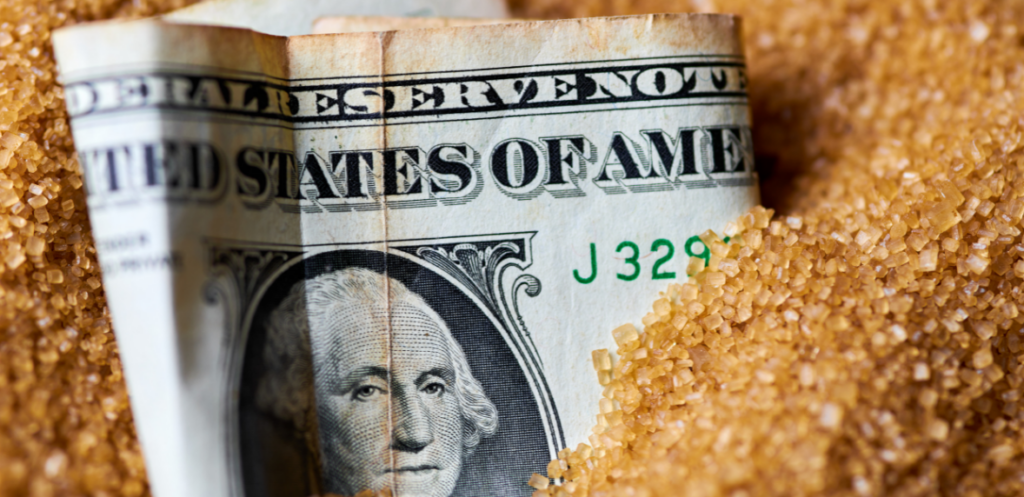Voter guides: Who’s getting dirty money – and why it matters
Voter guides: Who’s getting dirty money – and why it matters

We’ve got an election coming up in two weeks.
Do you know which campaigns are keeping it clean — and which campaigns are powered by “dirty money?”
“Dirty money” means political contributions from special interests to candidates, or to political action committees which then give to candidates — or other PACs — as a way of spreading the money around and making it harder to follow?
Special interests like Big Sugar, the phosphate mining industry, utilities like FPL parent NextEra Energy and Florida’s go-go development industry spend millions each cycle to influence elections — and subsequently, to influence policy.
That’s why digging into campaign contributions was a key aspect of how we ranked candidates in our Voter Guides.
Our “DM” column stands for “dirty money.” Those who earned themselves a water droplet are “clean” – they either took no money from polluting special interests, or very little.
Those who got a yellow droplet with a line through it were ranked “mixed.” They took some campaign cash from polluters – not an overwhelming amount in the context of their overall haul. But enough to be concerned about, and enough to wonder just how much influence those special interests will have on how the candidate votes if or when they are elected.
Then there are those with the outstretched red hand capped with a dollar sign. These are the candidates ranked “dirty,” who’ve taken significant sums of money from polluters or polluter-funded PACs.
A prime example would be Wilton Simpson, former Republican President of the Senate now running for Agriculture Commissioner. Simpson himself raised just under $2.5 million for his run, while his “Friends of Wilton Simpson” PAC raised another $7.8 million.
Of the money raised by his PAC, more than $100,000 came directly from sugar interests (U.S. Sugar, Florida Crystals and the Sugar Cane Growers Cooperative); another $2.2 million from PACs that get a significant portion of their funding from sugar interests; a $10,000 donation from the Florida Phosphate Political Committee and a second from phosphate mining giant Mosaic, respectively; $135,000 from FPL parent NextEra Energy Capital Holdings Inc. and $100,000 from Teco Energy.
So basically: Of the $7.8 million raised by Simpson’s PAC, at least one-third came from those three key special interests.
He gets a “dirty” ranking.
And so did 35 other candidates around the state.
Dirty money leads to dirty water, as polluting interests create a fiscal incentive for elected officials to back policies that benefit those interests — at the expense of clean water.
Check out our voter guide for a look at who’s keeping it clean — and who isn’t.

